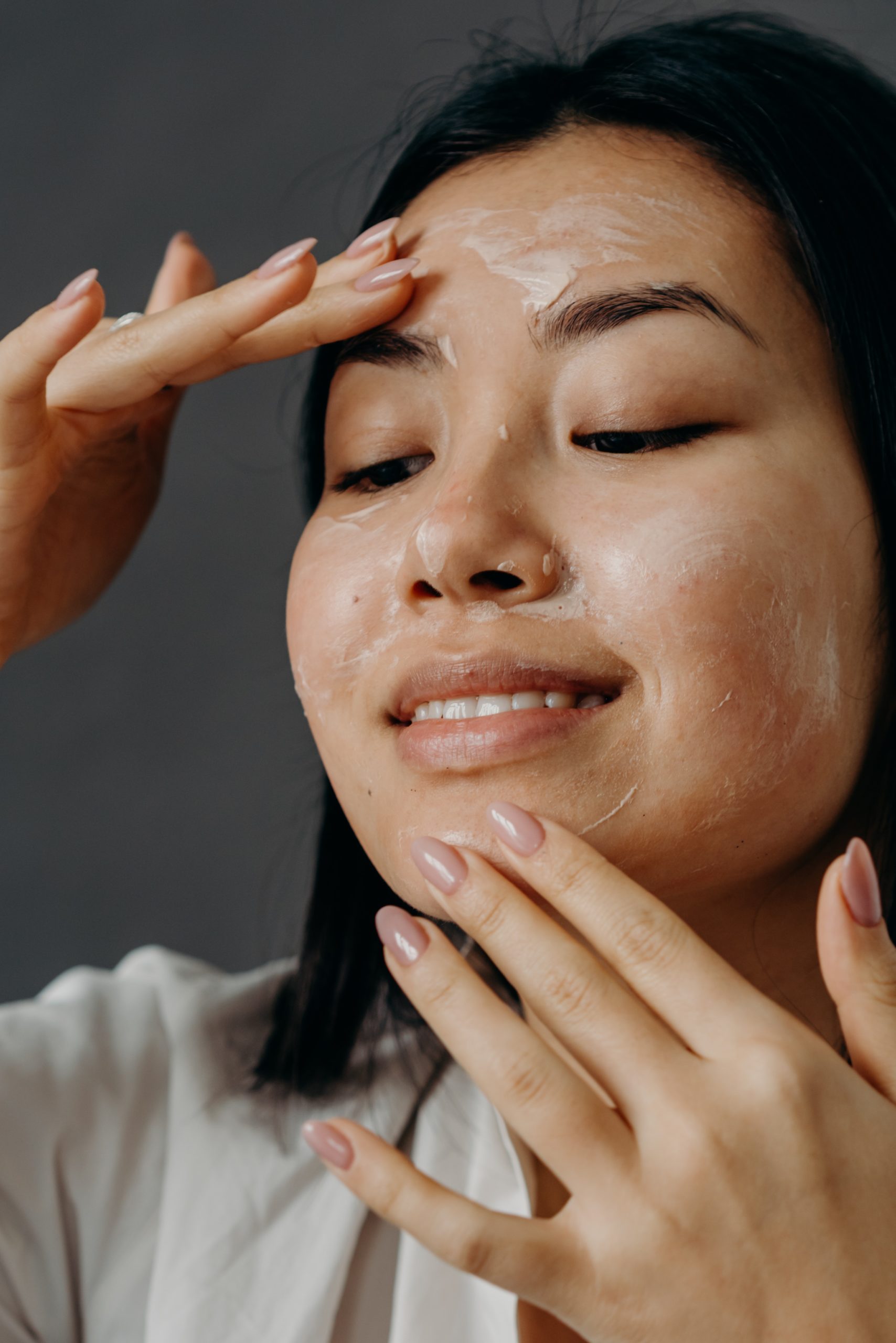The sun has finally got his hat on, and at long last, we are getting our first glimpse of summer. Barbeques, paddling pools and garden parties are just around the corner!
Us Brits are always eager to dash outside as soon as the sun appears. Time spent outdoors in the sunshine is great for our mental health, and who doesn’t love having a healthy, sun-kissed glow?
However, tanning without using any sun protection can be dangerous for your skin.
Data from the British Association of Dermatologists (BAD), showed that in 2020, 35% of people in the UK were burnt at least once, with 28% of those being burnt more than three times during the year. Also, Aysa data showcased that 4 in 10 millennials surveyed only used sunscreen when they expected to be spending time in the sun. Fortunately, when millennials do use sunscreen, 78% use sunscreen with a sun protection factor (SPF) of 30 or higher (as recommended by the AAD).
It is extremely important to prepare your skin for the sun; just take a look at the tips below to see how.
How does skin tan?
When your skin tans, it is actually defending itself against the sun’s ultraviolet rays. It does this by producing melanin, which is what causes your skin to tan. The melanin absorbs the UV rays and helps to protect your skin from damage.
Some people’s skin has more melanin than others. Those with more melanin are less sensitive to the sun. However, whatever the colour of your skin, you shouldn’t take any risks. Without SPF protection, the sun’s harmful rays can cause sunburn, premature skin ageing and even cancer.
We’ve put together a few tips to help you enjoy the sun safely this summer.
Why do I need to exfoliate?

Exfoliating gets rid of dead skin cells and helps blood circulation. Your skin cells regenerate every three to four weeks. A tan on healthy skin will be more even and last longer.
You should wait two to three days after exfoliating before exposing your skin to the sun, as it can be very sensitive afterwards.
It’s not a good idea to exfoliate your face more than once a week. Also, you should only use products on your face that are specifically designed for facial exfoliation, as those designed for use on the body can be too harsh.
Try our exfoliating polish, exfoliation accelerator, and our exfoliating cleanser, suitable for normal to oily skin. Check out our price list for more information.
The importance of moisturising
It’s essential to moisturise your skin as often as possible. Dry skin is more vulnerable to damage caused by UV rays. Moisturising and nourishing your skin will make it more resistant to sun damage and help to rebuild its protective layer.
What SPF do I need?
Sun Protection Factor (SPF) is an indicator of the level of protection that a product will give you from the sun. SPF ranges from 6 to 50+, and the higher the number, the more the product will protect your skin from ultraviolet rays, sunburn, and skin ageing.
You should use a moisturiser with SPF daily, even when the weather doesn’t look like you’ll need it. Pay particular attention to your face; as it’s never covered up, we advise that you use at least SPF 20. It’s best to apply your sunscreen 20 minutes before you go outside, and you should reapply it every two hours on sunny days.
As the skin on your face is more sensitive, as with exfoliant, make sure you only use products specifically designed for facial use.
Talk to us about our moisturising tints with SPF30, available in a range of shades.
Foods for healthy skin

Healthy skin tans better, and for longer. What you eat and drink can determine whether your skin is healthy or not.
You need to drink between six and eight glasses of water per day to stay hydrated, and more than this if you’re planning to be out in the sun.
Foods containing vitamins A, C, E, and beta-carotene will help to delay skin ageing, regenerate cells and stimulate your immune system. Foods that are great for healthy skin include tomatoes, carrots, spinach, broccoli, mangos, apricots, melon, kale, peas, almonds and nuts.
Be safe in the sun
If you’ve not been out in the sun for a long time, build up your exposure gradually. If you spend three hours sunbathing after months with limited sun exposure, you are likely to burn!
It’s also best to avoid the sun entirely around midday, especially in warmer climates.
Treatment for sunburn
As well as preparing your skin for sun exposure, it’s also important to look after it afterwards. After-sun lotions and aloe vera are both great for soothing and hydrating your skin, especially if you’re suffering from sunburn.
It’s also vital that you drink lots of water after being out in the sun, as your body will need rehydrating.
Treatment for age spots
If you’ve been soaking up the sun’s rays recently, your melanin production could have gone into overdrive.
This can cause hyperpigmentation, otherwise known as age spots. Aesthetics of Essex have several treatments available to help with hyperpigmentation. Our chemical peels, such as ZO Brightalive, ZO Retinol Skin Brightener can be used to tackle the problem. Alternatively, CryoPenTM and LED Therapy can rejuvenate the skin and even out your skin tone.
To purchase any of our products or treatments, or for more information, please send us a message or call 01708 225555, and we will conduct a video or face-to-face skin health assessment.

